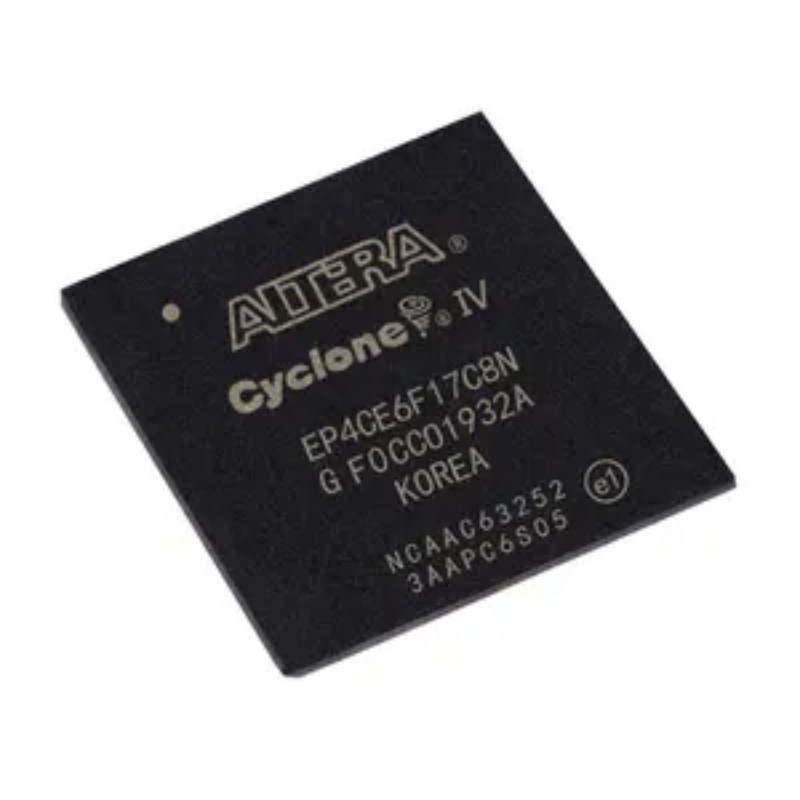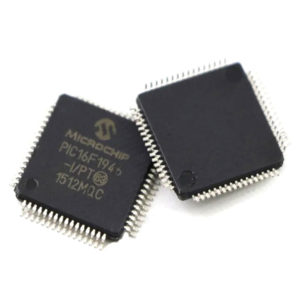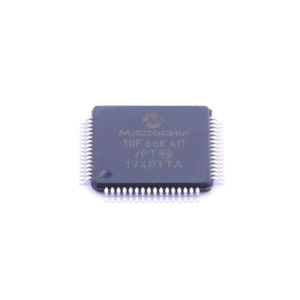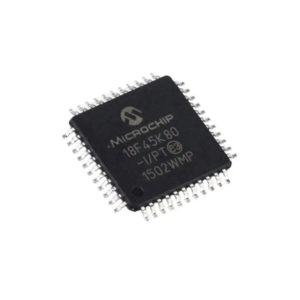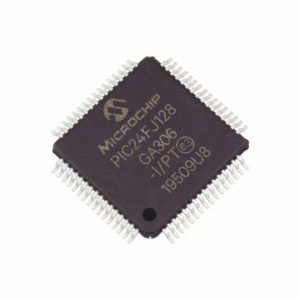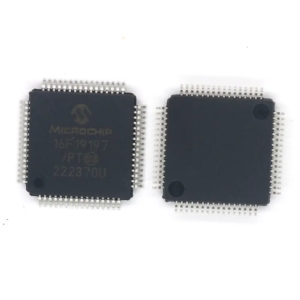EP4CE6F17C8N
| Manufacturer | Altera |
| Description | IC FPGA 179 I/O 256FBGA |
| Category | Integrated Circuit |
| Package | BGA-256 |
| Status | New & original |
| Ship From | HK/SHENZHEN |
| Stocks | 10,000 |
Please submit your BOM List or Input the part online
Description
EP4CE6F17C8N is an FPGA (Field-Programmable Gate Array) manufactured by Altera, which is now a part of Intel. FPGA is a type of integrated circuit that can be programmed and reconfigured by a user or designer to perform specific functions or tasks.
The EP4CE6F17C8N FPGA belongs to the Cyclone IV E family of FPGAs offered by Altera. It features 6,272 logic elements and operates at a 1.2V voltage level. It has 144 pins in an FBGA (Fine-Pitch Ball Grid Array) package, which is a common package type for high-density integrated circuits.
FPGAs like the EP4CE6F17C8N find applications in various industries and systems, including:
1. Communications: FPGAs are used in communication systems for tasks such as protocol conversion, encryption, and signal processing. They can be found in network routers, base stations, and communication infrastructure equipment.
2. Industrial automation: FPGAs are employed in industrial control systems to implement custom logic and interface with sensors, actuators, and other devices. They enable real-time control and customization for specific industrial processes.
3. Automotive: FPGAs are used in automotive applications for functions like advanced driver-assistance systems (ADAS), infotainment systems, and engine control units (ECUs). They provide flexibility and performance for various automotive subsystems.
4. Aerospace and defense: FPGAs are utilized in aerospace and defense systems for tasks such as radar and sonar signal processing, satellite communication, and encryption. Their reconfigurability allows for adaptability to changing requirements.
5. Consumer electronics: FPGAs can be found in consumer devices like TVs, set-top boxes, and gaming consoles. They are used for video and audio processing, interface bridging, and system control.
6. Medical devices: FPGAs are used in medical equipment for functions such as image processing, patient monitoring, and diagnostic systems. They provide the necessary computational power and flexibility for complex medical applications.



















































